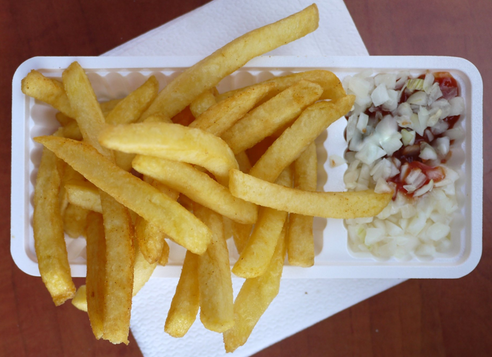Health covenant heavily influenced by food and alcohol industry, say experts


The government covenant to promote public health is biased in favour of the food and alcohol industry, health law professors said on Friday.
The Nationaal Preventieakkoord, which came about in November 2018 after eight months of negotiations between over 70 organisations, focuses on combating alcohol abuse, smoking and obesity.
However, health law professors Brigit Toebes (Groningen University) and Jos Dute (Radboud University), who are presenting a paper on Friday to the association of legal health professionals, are claiming the accord is short on effective legal measures and sanctions.
There will be, for instance, no tax on sugar and fruit and vegetables will not become cheaper, both of which are important for promoting healthier eating, they said. Labelling unhealthy food as such, as happens with tobacco, has not been agreed on either.
Toebes and Dute also said effective measures to combat alcohol abuse such as a higher tax and fewer outlets should have been included.
The only area where strides are being made is the prevention of smoking. ‘That is not a coincidence because the tobacco industry was not part of the negotiations. And a sugar tax will never happen of course as long as the food industry has a say,’ Toebes told the NRC.
But a spokesperson for the health ministry told the paper that ‘healthier products are really matter for the food producers. It is better to include them in talks then to shut them out.’
Some 35,000 people in the Netherlands die from smoking, alcohol abuse and diet related illnesses every year.
Thank you for donating to DutchNews.nl.
We could not provide the Dutch News service, and keep it free of charge, without the generous support of our readers. Your donations allow us to report on issues you tell us matter, and provide you with a summary of the most important Dutch news each day.
Make a donation